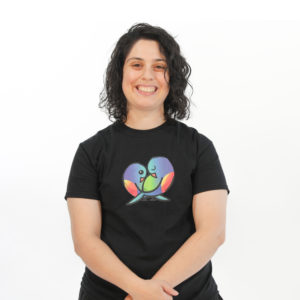Hook (1991) explores the emotional and spiritual journey of Peter Banning, showing how his transformation back into Peter Pan mirrors a universal struggle: the loss of childlike wonder, imagination, and emotional authenticity in adulthood. The film touches on childhood trauma, parental disconnection, emotional denial, and society’s pressure to “grow up,” while the pirates symbolise the darker aspects of adult life and flight becomes a metaphor for healing and rediscovery.
Yet beyond Peter’s story, Hook (1991) offers a striking portrait of adulthood through Captain Hook. He isn’t merely a villain; he’s a man drowning in self-loathing, resentment, and emotional isolation. Hook embodies how many adults mask their pain with anger, unyielding ideas of justice, and external pressures. As a result it reveals how the adult facade can conceal deep emotional injuries. This blog focuses on Hook, examining how his character reflects the masks we wear and the emotional truths we often avoid.
But if you’d like to hear the full exploration of both Peter’s and Hook’s journeys, feel free to listen to our podcast (link below).
Our latest video dives into the psychological depth of Captain Hook and what his rage really reveals:
- The weight of unmet expectations
- The facades adults wear to hide emotional vulnerability
- How anger often conceals sadness, insecurity, or even suicidal thoughts
- The long-term impact of societal beauty standards on self-worth.
The film becomes more than fantasy—it reflects real struggles: aging, regret, self-loathing, the refusal to change and its consequences, but it also shares what revenge, anger will do to us if we channel it towards others or even towards ourselves and if we don’t begin the journey to return to a self that feels whole (internally).
This isn’t just about a character; it’s about all of us. Especially in professional environments, we often celebrate resilience but rarely make room for honest vulnerability. When Hook’s vulnerable self, came out, Peter gave him his wig back, and yet Hook needed to get back to his facade when he had a chance to change for the better.
I know how hard it is to throw down the walls of “toughness” I’ve had to protect myself my whole life, but it’s actually easier to be tough then to admit you’re scared, lost, don’t know what you’re doing etc.
So many people say, “Fake it until you make it!” But no—we need to let go of these unrealistic expectations of perfection and start allowing people the space to grow, both in life and at work.
That’s why at Beyond Summerland Entertainment, we seek out passionate, transparent individuals—people who are open to feedback and committed to internal growth.
We believe it’s time for workplaces to move away from one-sided expectations of what an employee should be, and instead foster environments that support the whole person—their growth, their passions, and their journey.
Hook (1991) is my reminder to keep challenging myself to remove my own masks and that the path of authenticity is narrow—especially in the entertainment industry, where so many are “fake nice,” to maintain connections to keep getting work.
But I hold onto hope.
Hope that, with time, we’ll find more people who value truth over comfort. People who desire to take the risk of being vulnerable again—just like they once were as children.
Subscribe to our Youtube Channel for notifications of future episodes
